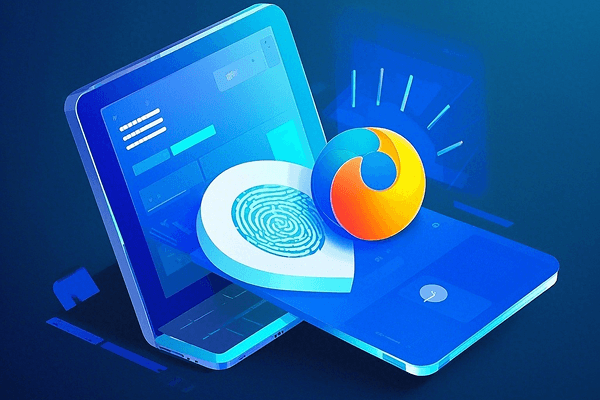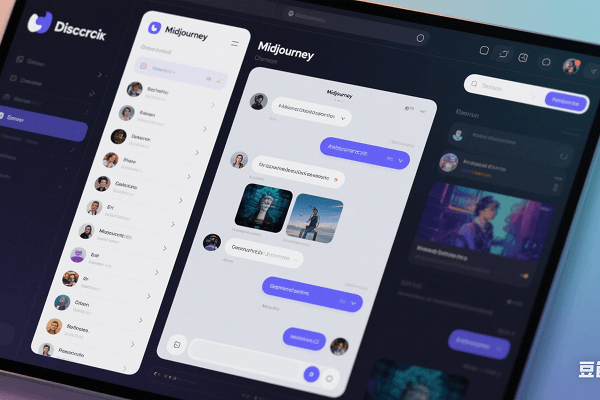
Hot Picks
How to run Facebook ads in 2025? Ideas

Hot Picks
How to promote on Amazon? Sharing various promotion methods

Hot Picks
Choose BitBrowser for fingerprint browsers, and look for the only official website: bitbrowser.cn
How does the virtual browser achieve environment independence?
Time: 2023-07-19 14:52 Click:

Browser fingerprinting refers to various information that can only be retrieved through your browser without the use of cookies or other technologies, such as system fonts, screen resolution, browser plug-ins, etc. The browser's private window mode, which cannot be anonymous, tests whether your browser has a unique "browser fingerprint".
Creating a browser fingerprint configuration file in BitVirtual Browser is equivalent to creating an independent virtual browser environment. Cookies, local storage, and other cached files are completely separate from each browser file, and browser profiles do not leak information from each other. A fully realistic simulation can be performed for five browser fingerprints:
Universal Fingerprint
Includes cookie, session, evercookie and flash cookie.
basic fingerprint
Including hardware type, operating system, user agent, system fonts, language, screen resolution, browser plug-ins (Flash), browser extensions, etc.
Advanced Fingerprint
Including canvas fingerprints, audio context fingerprints, WebGL fingerprints, etc.
hardware fingerprint
Includes media device fingerprinting, GPU plugins, and Pepper3D rendering.
Integrated Fingerprint
WebRTC (including MediaStream, RTCPeerConnection, RTCDataChannel, etc.)
Using the BitVirtual Browser, the cookies, local storage and other cache files of each browser file are completely independent, and the browser configuration files will not leak information to each other. When accounts are imported, each account is automatically fingerprinted independently of the browser, preventing it from being associated with any website. As long as the fingerprint does not change, it will always follow your account to ensure a stable environment for your account. Each browser setting environment is independently isolated. Cookies, local storage and other cache files of each browser file are completely isolated, and no information will be leaked between browser setting files.

 Multi-Account Management
Multi-Account Management Prevent Account Association
Prevent Account Association Multi-Employee Management
Multi-Employee Management



